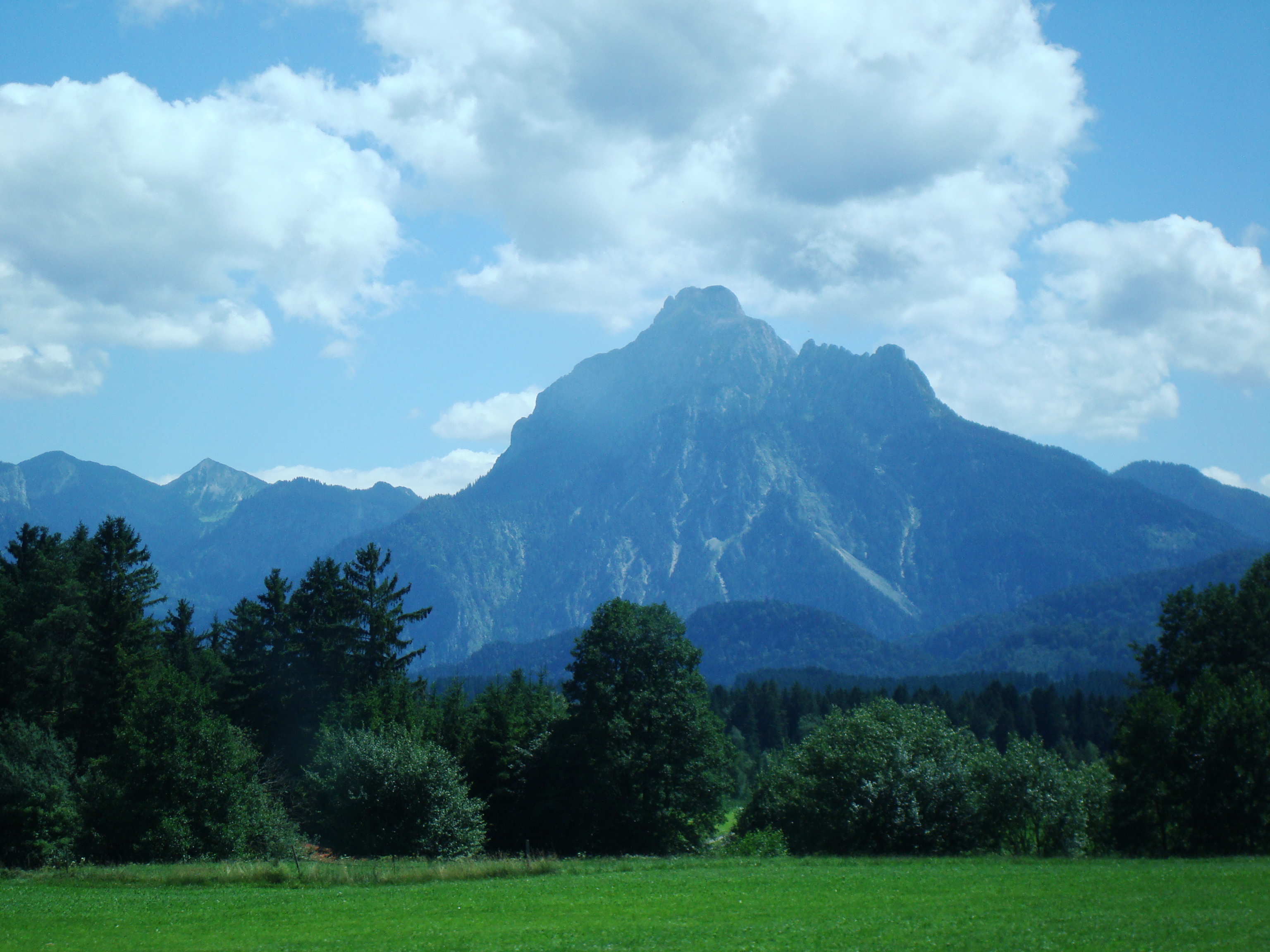Bouldering World Cup
Munich, Germany
It’s the day after qualifiers here in Munich, Germany. It’s the best
weather day I’ve had since arriving Tuesday last. The sun is out, the
skies are mostly clear and it’s warm; warm enough for shorts had I
packed any. I’m on a train to Füssen to visit Neuschwanstein castle.
It’s a two hour train ride from Munich, which lends me a bit of time to
reflect on my journey to the World Cup.
In the time I’ve been competing, I’ve learned a lot. Competition climbing, in my mind, is a sport of its own. There are many variables inherent to the competition sport that is not shared in any other aspect of climbing. The routes are ever changing in quality, difficulty and style. One can never predict the encounter until confronted. In this way, confidence, determination and experience are your only weapons.
The time constraints for attempts and the strategy one must employ, lend
itself to a heightened pressure not typically brought on oneself in
ordinary climbing rituals. O
This can be emphasized by my 2nd and final World Cup
experience this season. Tying
for last place was not gratifying. If only I could have controlled the
swing, lept higher, thought to use my left hand, understood the sequence
sooner…if only. It didn’t matter to me that the problems were
ridiculously challenging. I’m reminded that
someone had to have climbed
it before the competitors made an attempt and therefore, it must be
possible! Despite my belief that I am capable, a competition like this
reminds me that good can still not be good enough.
I have to look deeper within myself to see why my performance
suffered.
There
is a drawback to not being world ranked and competing in a world
cup. It is that those unranked competitors go at the end of the
running order in random assignment. When you go near or at the
end, there is little time left after your climbing time to watch
anyone else. Before and during your time, you are hidden away so
as not to see anything about the problem until it is your turn.
I find this order completely useless as a novice competitor
because I miss the opportunity to learn from other competitors
competing. Simply observing a competition does not convey the
same lessons as having attempted the problems and then observed.
In both cases, I was near the end of the running order and
therefore, my lessons from these two experiences must be found
introspectively.






